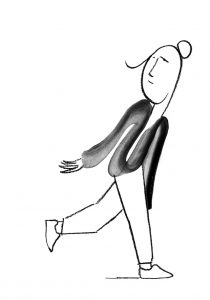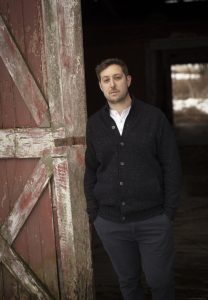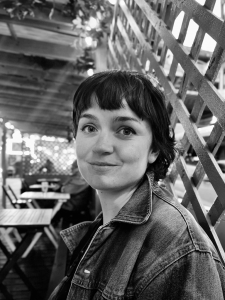Acclaimed author Keith Ridgway reflects on A Shock, his upcoming novel which focuses on peripheral figures “on the fringes of London life, often clinging on – to sanity or solvency or a story – by their fingertips.”
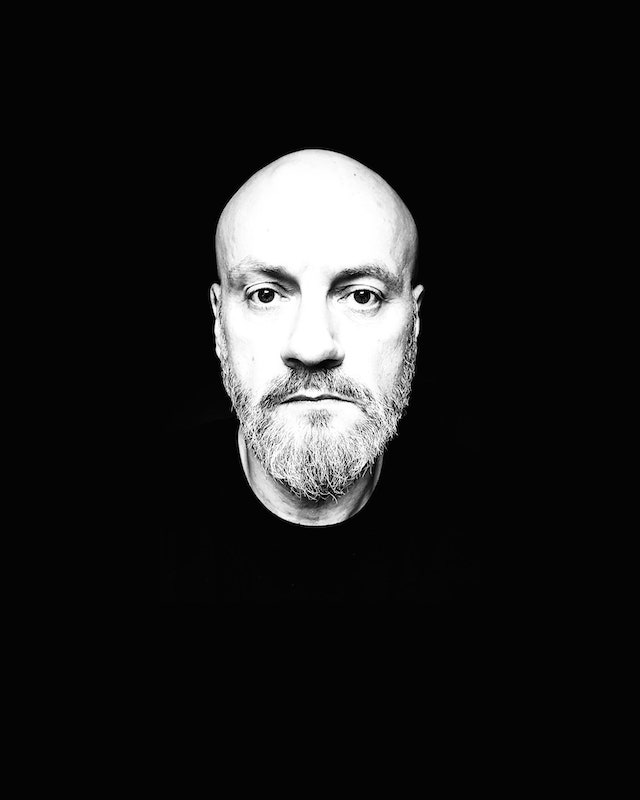
I understand that after your last novel, Hawthorn & Child, in 2013, you stopped writing and reading. Why the pause and what brought you back, compelled you to write A Shock?
I didn’t pause so much as just stop. After the last book, I started on new things and they honestly weren’t very good. I got slightly fed up and took a break. But then it continued for about three years and thought, I guess I don’t do that anymore. It felt fine to retire, to stop thinking of myself as a practicing fiction writer. Stopping reading, however, wasn’t good. That was a mystery and a mini-disaster because it’s very important to me. I took steps to fix that and as I began building my reading back up, I began to get interested in writing again, which is how it all happened in the first place. The two acts are intimately linked.
I found myself scribbling things down that looked like characters and stories and I decided I might as well give this a go. This is a long-winded way of saying that unfortunately, there’s no big story, no drama. I stopped. That was fine. And I started again, and that was also fine. There’s no great big boo hoo writer’s block kind of tragedy there at all. I do think that not writing is a really important part of writing.
I grew up in Lewisham, live in Peckham and my partner is from Camberwell, so I really enjoyed recognising and feeling the fidelity of the setting. You’ve said in the past that you pick out real places and steal them for fiction – what relationship do you have with the truth when it comes to recreating these sites?
I’ve lived in this part of London for the last eighteen years. I started writing what was around me and these characters suggested themselves, but they always felt like they were from these streets. They were from certain pubs that I would hang out in, and I would imagine what kind of people they might be. It’s very much a Camberwell-Peckham book and I’m delighted to hear you say that you felt these places – that was important to me, without ever wanting to do a poor imitation of real people. It’s entirely a work of the imagination, but it’s the imagination operating in the kind of social and economic mix that exists in these neighbourhoods, which as you know, can be quite extreme.
That’s why it’s an engaging place for a work of fiction to spend time in, because you have that range of life. It’s a wonderful place to live, but as you say also a hard place for many. How would you say this part of London has shifted since you first moved here?
Almost from the day that I moved here, I would talk to my neighbours and they’d say ‘oh, it’s changing now, it’s unrecognisable to what it was two years ago’. I’ve heard that constantly for a long time and the gentrification of Peckham is definitely happening, but it’s occurring quite slowly. Very sporadically and in different camps. It’s patchy and – sometimes to my delight – you can see it failing. It’s a constant flux.
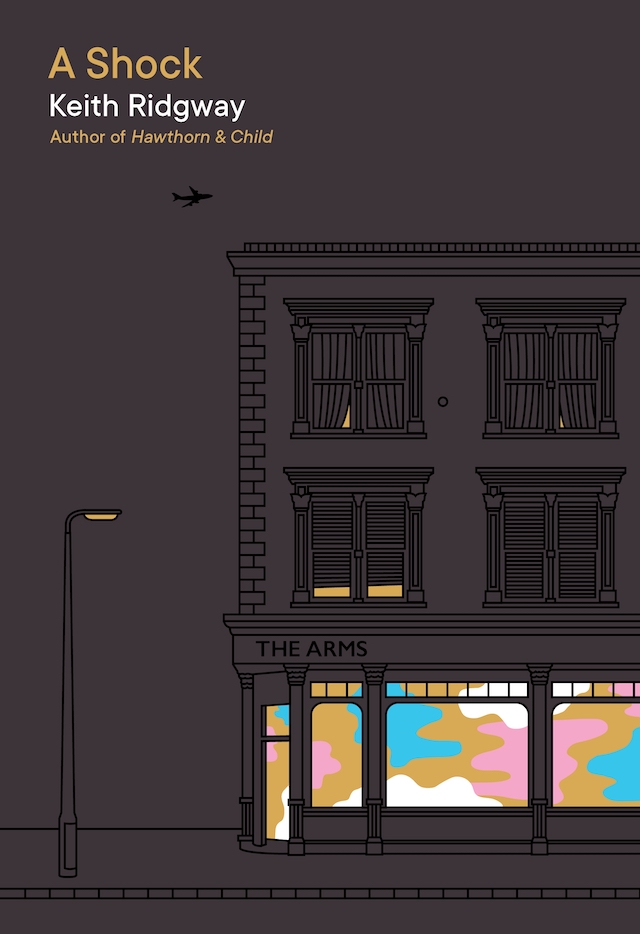
Although the stories and characters are interlinked, the book’s structure seems to accentuate their atomised lives and dislocation with the city they live in, themselves, or others they are supposedly close to. What do you think has led to these conditions, this suspicion of intimacy, of alienation, in London? Have they always been there, and is that just a symptom of modern urban life?
I think it does have a specific London flavour. These things exist in all societies, but I think there’s something about London being a hard place to live. It feels like a battle. That’s because of the way this city is organised, the way it’s run politically and its distribution of power. All of the things that you described, the isolation and loneliness, people being cut off from themselves, I think are the effects of this capitalists’ investment paradise that we’ve created in London, a place in which it’s difficult to think of having a home, and easier to think of having an asset. This has a material effect on the kind of lives that people end up living. It destroys a sense of community. It succeeds in cutting people off one from the other, pitting us against each other. This book happens in a very specific political context of London over the last number of years. There’s a growing sense of it becoming an inhospitable place unless you’re wealthy.
In the background of the book as well, there is a feeling of hope that gathered around the Corbyn-led Labour party very briefly. I’ve never been a party-political person, but after the Brexit referendum, I very sheepishly and covertly joined the party, as did several of my friends. It was this group of people who had no previous involvement or even an interest in party-politics, because they’d written it off as a hopeless avenue for societal change. And yet suddenly there was this modest social democratic policy platform that we felt we could support, and for the first time in my life, there was the possibility that someone I might vote for, or even campaigned for, might actually end up running the country. While there was hope, it was mixed with a giddy despair, matched with the knowledge that it was doomed for all sorts of reasons. It’s an awful feeling to be close to something that might’ve been good, but it’s snatched away. The UK can be ugly when it reasserts itself, kicks you in the face.
It seems only a handful of the characters have the energy or faculties to ‘unpick the lock of their bones / take off the walls’, and reach out to others. Are you interested in the resistance against the conditions capitalism creates, its barriers, traps? There are many joyous moments in the book when hope struggles to the fore.
Yes, I am interested in that. The political atmosphere that we live under takes people’s stories, confidence about their own experiences, away from them. Where you get community, where you get love, is in the sharing of stories. They can be true stories about a person’s experience, a life, but the magical thing for me is that they don’t need to be true. I’m incredibly hopeful and generous about that. There are people in this book who are leaning on each other, enriching each other’s lives through this sharing of imagination. I want the book to be read in that way. It’s not all misery and isolation, some characters begin to see how they can connect to others in ways that will hopefully last.
You’ve said recently that in writing A Shock you “thought about the nature of fiction—the stories we tell each other, how we use fiction to negotiate the world.” How do you use fiction to negotiate the world, turn it over and process it?
I think fiction is much more important to me as a reader than it is as a writer. Reading fiction is one of the main pleasures in my life. It expands my sense of what it is to be alive, to be human, to be what it is to be. You’d think at this stage in life, okay, I’ve read it all now, but it just keeps on coming. I also love to read fiction just for the sheer joy of a writer’s craft, their tactics.
I’d like to think that all the reading I’ve done has made me – if not a better person – than a more interesting, or more interested person. Somebody who’s more curious about other people, because you get the sense from fiction that there’s always something else, something that is yet to be revealed. As a writer of fiction, I intend to modestly contribute to the grand project of what fiction is. I don’t want to make any great claims. With this book, I wanted to introduce people to one another, so that they may spend some time together.
A Shock is published by Picador 24th June
